Anpassungsfähigkeit und Resilienz des Finanzsystems
Diese Forschungsgruppe untersucht kritische Aspekte der Anpassungsfähigkeit und Widerstandsfähigkeit von Finanzsystemen. Sie analysiert die Auswirkungen von Naturkatastrophen auf Finanzsysteme, die Auswirkungen politischer Präferenzen für die grüne Transformation und die Bedeutung von Kultur in den Volkswirtschaften.
Forschungscluster
Finanzresilienz und RegulierungIhr Kontakt

Mitglied - Abteilung Finanzmärkte
PROJEKTE
07.2016 ‐ 12.2018
Relationship Lenders and Unorthodox Monetary Policy: Investment, Employment, and Resource Reallocation Effects
Leibniz-Gemeinschaft
We combine a number of unique and proprietary data sources to measure the impact of relationship lenders and unconventional monetary policy during and after the European sovereign debt crisis on the real economy. Establishing systematic links between different research data centers (Forschungsdatenzentren, FDZ) and central banks with detailed micro-level information on both financial and real activity is the stand-alone proposition of our proposal. The main objective is to permit the identification of causal effects, or their absence, regarding which policies were conducive to mitigate financial shocks and stimulate real economic activities, such as employment, investment, or the closure of plants.
01.2015 ‐ 12.2019
Interactions between Bank-specific Risk and Macroeconomic Performance
Deutsche Forschungsgemeinschaft (DFG)
Referierte Publikationen
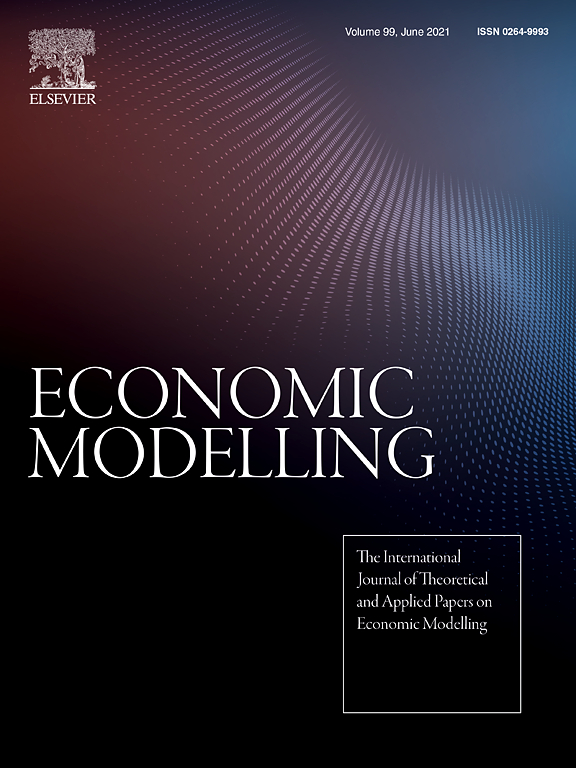
Bank Overall Financial Strength: Islamic Versus Conventional Banks
in: Economic Modelling, 2017
Abstract
A number of recent studies compare the performance of Islamic and conventional banks with the use of individual financial ratios or efficiency frontier techniques. The present study extends this strand of the literature, by comparing Islamic banks, conventional banks, and banks with an Islamic window with the use of a bank overall financial strength index. This index is developed with a multicriteria methodology that allows us to aggregate various criteria capturing bank capital strength, asset quality, earnings, liquidity, and management quality in controlling expenses. We find that banks differ significantly in terms of individual financial ratios; however, the difference of the overall financial strength between Islamic and conventional banks is not statistically significant. This finding is confirmed with both univariate comparisons and in multivariate regression estimations. When we look at the bank financial strength within regions, we find that conventional banks outperform both the Islamic banks and the banks with Islamic window in the case of Asia and the Gulf Cooperation Council; however, Islamic banks perform better in the MENA and Senegal region. Second stage regressions also reveal that the bank overall financial strength index is influenced by various country-specific attributes. These include control of corruption, government effectiveness, and operation in one of the seven countries that are expected to drive the next big wave in Islamic finance.
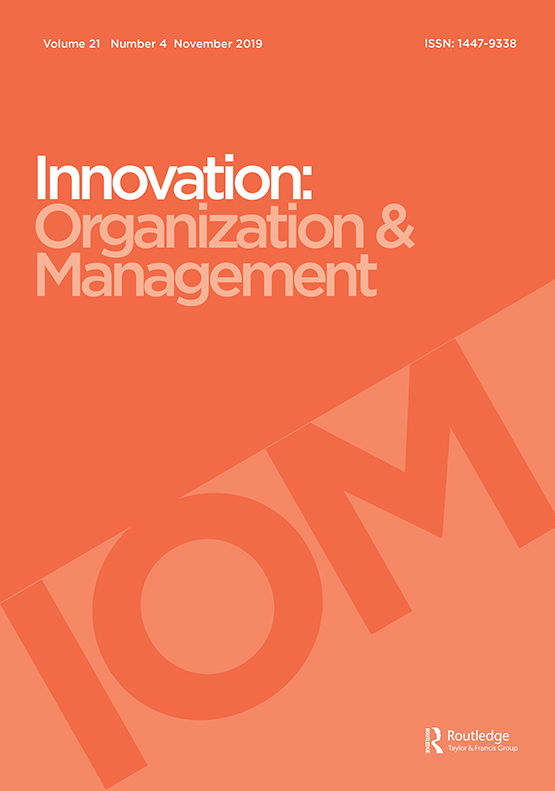
Enforceability of Noncompetition Agreements and Firm Innovation: Does State Regulation Matter?
in: Innovation: Organization & Management, Nr. 2, 2017
Abstract
In this study, we examine how noncompetition agreements and the mobility of human capital – a core asset of any firm – affect innovations of publicly traded firms in the United States. We find that firms in states with stricter noncompetition enforcement have fewer patent applications. We also examine patent forward citations and find that tougher enforcement of such contracts is associated with less innovative patents. Notably, we find that stronger enforcement of noncompetition agreements impedes innovation for firms facing intense industry labor mobility. High-powered, equity-based compensation positively moderates the relationship between noncompetition enforcement and innovation, but only for the quality of innovation.
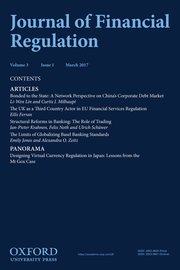
Structural Reforms in Banking: The Role of Trading
in: Journal of Financial Regulation, Nr. 1, 2017
Abstract
In the wake of the recent financial crisis, significant regulatory actions have been taken aimed at limiting risks emanating from banks’ trading activities. The goal of this article is to look at the alternative reforms in the US, the UK and the EU, specifically with respect to the role of proprietary trading. Our conclusions can be summarized as follows: First, the focus on a prohibition of proprietary trading, as reflected in the Volcker Rule in the US and in the current proposal of the European Commission (Barnier proposal), is inadequate. It does not necessarily reduce risk-taking and it is likely to crowd out desired trading activities, thereby possibly affecting financial stability negatively. Second, trading separation into legally distinct or ring-fenced entities within the existing banking organizations, as suggested under the Vickers proposal for the UK and the Liikanen proposal for the EU, is a more effective solution. Separation limits cross-subsidies between banking and proprietary trading and diminishes contagion risk, while still allowing for synergies and risk management across banking, non-proprietary trading, and proprietary trading.
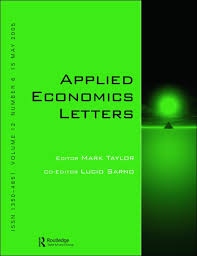
Bank Risk Proxies and the Crisis of 2007/09: A Comparison
in: Applied Economics Letters, Nr. 7, 2017
Abstract
The global financial crisis has again shown that it is important to understand the emergence and measurement of risks in the banking sector. However, there is no consensus in the literature which risk proxy works best at the level of the individual bank. A commonly used measure in applied work is the Z-score, which might suffer from calculation issues given poor data quality. Motivated by the variety of bank risk proxies, our analysis reveals that nonperforming assets are a well-suited complement to the Z-score in studies of bank risk.
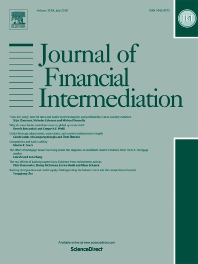
How Do Insured Deposits Affect Bank Risk? Evidence from the 2008 Emergency Economic Stabilization Act
in: Journal of Financial Intermediation, January 2017
Abstract
This paper tests whether an increase in insured deposits causes banks to become more risky. We use variation introduced by the U.S. Emergency Economic Stabilization Act in October 2008, which increased the deposit insurance coverage from $100,000 to $250,000 per depositor and bank. For some banks, the amount of insured deposits increased significantly; for others, it was a minor change. Our analysis shows that the more affected banks increase their investments in risky commercial real estate loans and become more risky relative to unaffected banks following the change. This effect is most distinct for affected banks that are low capitalized.
Arbeitspapiere
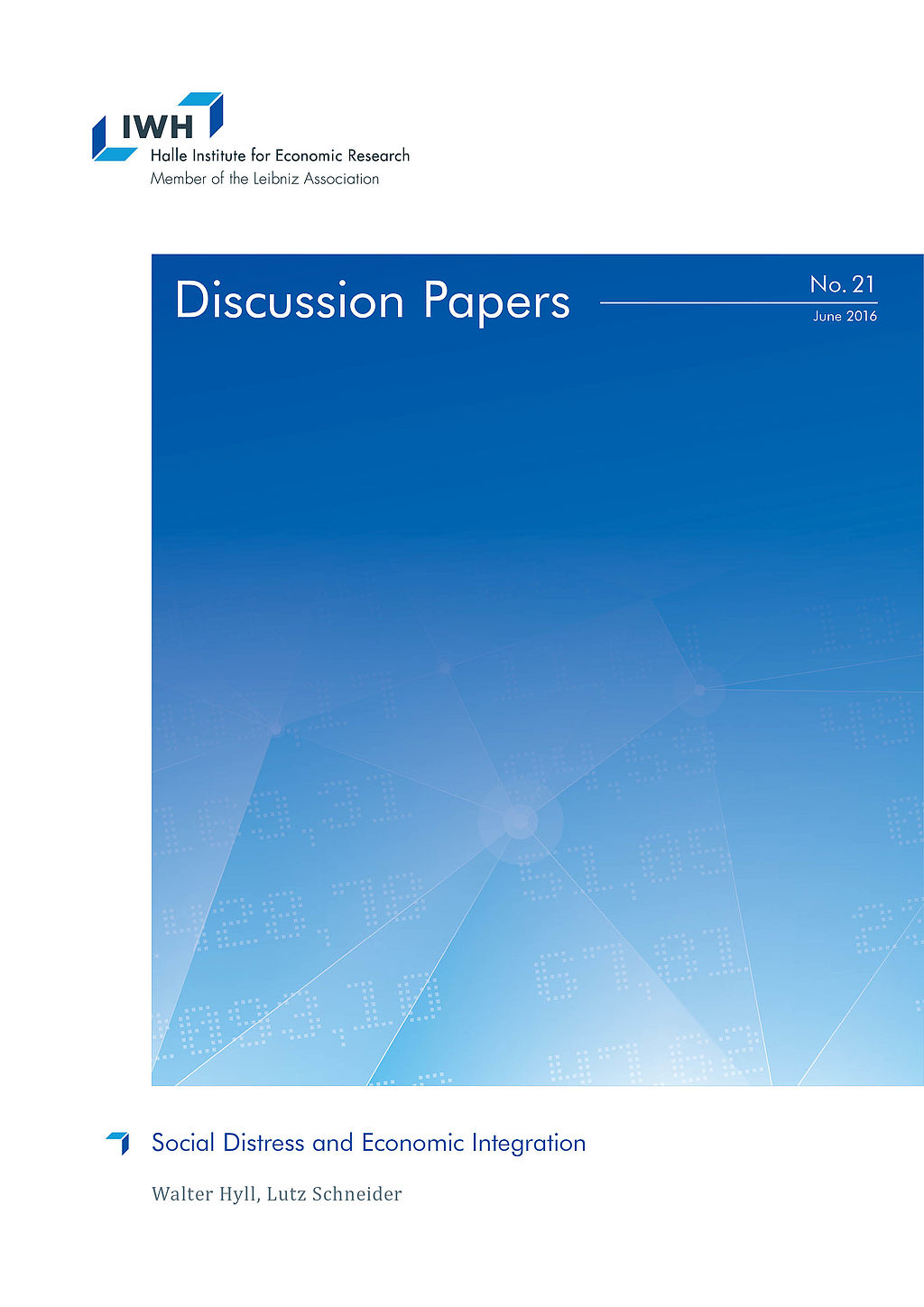
Corporate Governance Structures and Financial Constraints in Multinational Enterprises – An Analysis in Selected European Transition Economies on the Basis of the IWH FDI Micro Database 2013 –
in: IWH Discussion Papers, Nr. 3, 2015
Abstract
In our analysis, we consider the distribution of decision power over financing and investment between MNEs’ headquarters and foreign subsidiaries and its influence on the foreign affiliates’ financial restrictions. Our research results show that headquarters of multinational enterprises have not (yet) moved much decision power to their foreign subsidiaries at all. We use data from the IWH FDI Micro Database which contains information on corporate governance structures and financial restrictions of 609 enterprises with a foreign investor in Hungary, Poland, the Czech Republic, Slovakia, Romania and East Germany. We match data from Bureau van Dijk’s AMADEUS database on financial characteristics. We find that a high concentration of decision power within the MNE’s headquarter implicates high financial restrictions within the subsidiary. Square term results show, however, that the effect of financial constraints within the subsidiary decreases and finally turns insignificant when decision power moves from headquarter to subsidiary. Thus, economic policy should encourage foreign investors in the case of foreign acquisition of local enterprises to leave decision power within the enterprise and in the case of Greenfield investment to provide the newly established subsidiaries with as much power over corporate governance structures as possible.


















